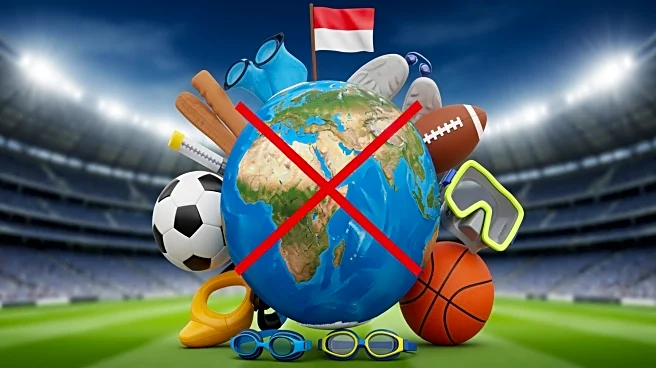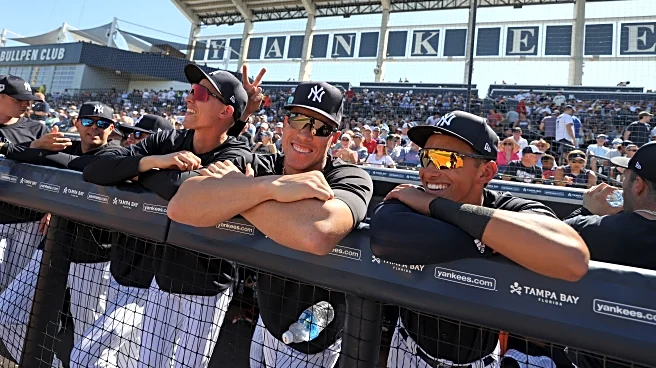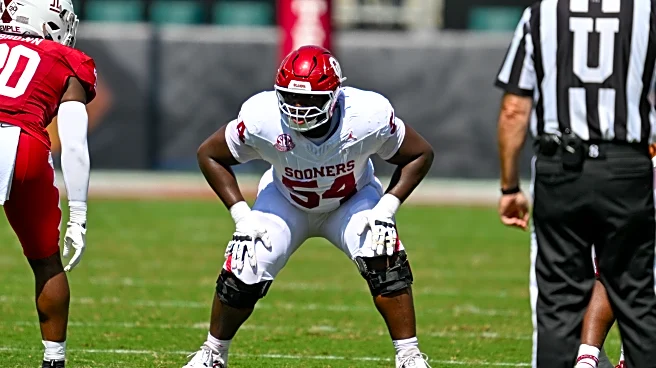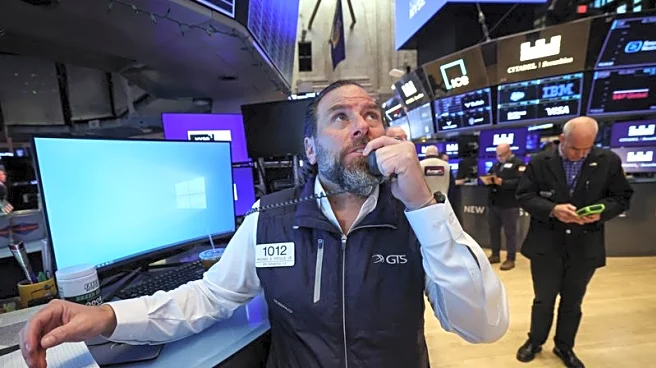What's Happening?
The International Olympic Committee (IOC) has recommended that no international sporting events be held in Indonesia after the country barred Israeli athletes from participating in the gymnastics world
championships in Jakarta. This decision was made after an Indonesian government official announced that Israeli athletes would be denied visas, preventing them from competing. The IOC emphasized that all eligible athletes must be able to participate in international competitions without discrimination. Indonesia, a predominantly Muslim nation, has historically supported Palestinians, which has influenced its stance on Israeli participation.
Why It's Important?
The IOC's recommendation could have significant implications for Indonesia's future in hosting international sports events. By barring Israeli athletes, Indonesia risks isolating itself from the global sports community, potentially losing opportunities to host prestigious events. This decision underscores the importance of non-discrimination in sports, as the IOC seeks to uphold the principles of autonomy and political neutrality. The move may also affect Indonesia's diplomatic relations and its image in the international arena, as it faces criticism for its exclusionary policies.
What's Next?
The IOC has ceased discussions with Indonesia regarding hosting future Olympic events until the country provides guarantees of non-discriminatory access for all athletes. The Indonesian Olympic committee has been invited to Lausanne, Switzerland, to discuss the issue further. International federations may also be advised not to stage events in Indonesia until these guarantees are met. This situation could lead to broader discussions on the role of politics in sports and the need for inclusive policies.
Beyond the Headlines
The ban on Israeli athletes highlights ongoing tensions between Indonesia and Israel, reflecting broader geopolitical issues. The IOC's stance may prompt other countries to reconsider their policies on athlete participation, potentially leading to a shift towards more inclusive practices. This incident also raises questions about the intersection of sports and politics, and how international organizations can navigate these challenges while promoting fairness and equality.










